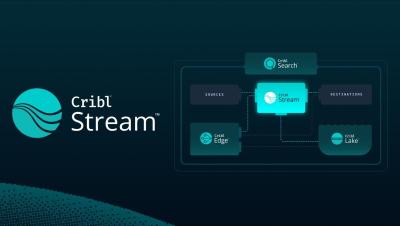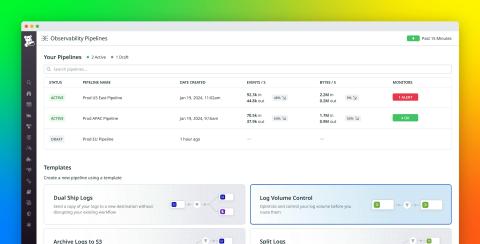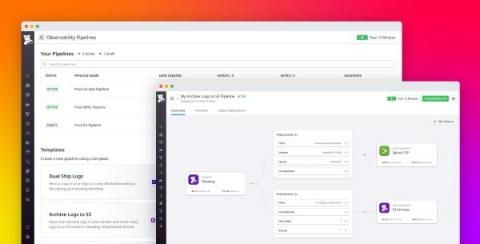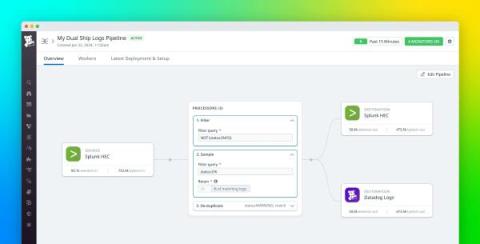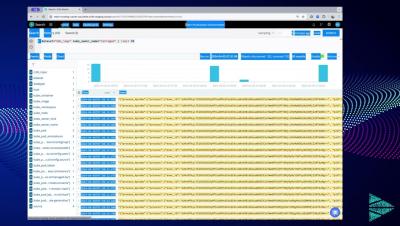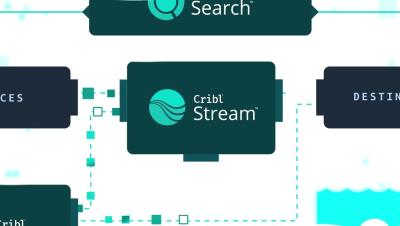Mastering Observability with OpenSearch: A Comprehensive Guide
Observability is the ability to understand the internal workings of a system by measuring and tracking its external outputs. In technical terms, it entails collecting and examining data from numerous sources within a system to attain insights into its behavior, performance, and health. All organizations are now familiar with how essential observability is to ensure optimal performance and availability of their IT infrastructure.





